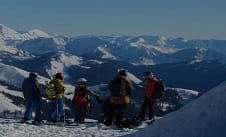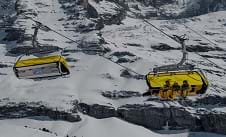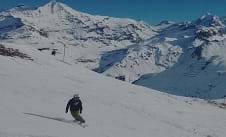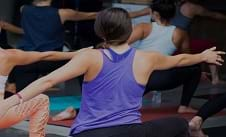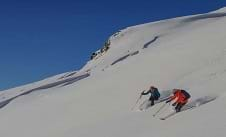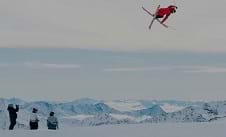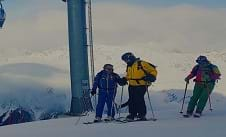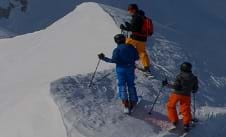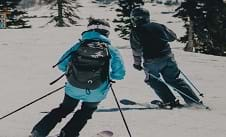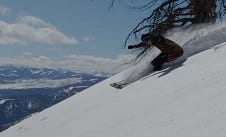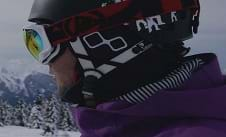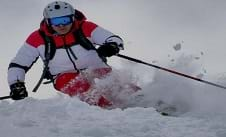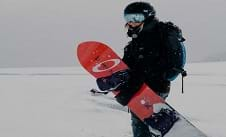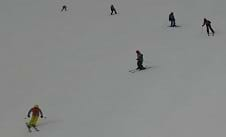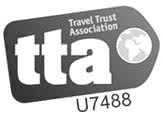Altitude Sickness
Altitude sickness is the body having an adverse reaction to the high altitude. It is quite common in ski resorts, especially the higher resorts such as Val Thorens, Tignes, Cervinia. For most people it causes mild symptoms that often the symptoms will dissipate as one acclimatises to the altitude after a day or two. However, in some cases, it can lead to serious symptoms which can be dangerous. The symptoms include headache, nausea, dizziness, fatigue, and shortness of breath. Poor sleep is also very common.
Altitude sickness can creep up on anyone, regardless of if they’ve experienced it before. If an individual’s altitude sickness is more severe, then it is recommended that they see a doctor in resort or go to hospital to be treated. Check the NHS Direct Altitude Sickness page for further information.
with your own travel concierge. Don’t hesitate to drop us a line – we’ll
help plan your perfect Ski Holidays.
020 7770 6888 ← online or call ↴
020 7770 6888
What causes altitude sickness?
Altitude sickness most commonly occurs above 2400m and is caused by reduced air pressure and lower oxygen at high altitude. The severity of symptoms can vary depending on several factors. These include age, weight, blood pressure and general fitness of an individual, the speed at which someone climbs, and the amount of time spent at altitude.
How to prevent altitude sickness
For some people, altitude sickness is a normal part of a winter sports holiday. For those who suffer from altitude sickness it is recommended to stay in lower ski resorts such as Les Gets, Megeve and Soll. It is strongly advised that you ascent slowly, so choose shorter lifts to start with in order to adapt to the altitude and then you can increase this once you’ve adjusted. It’s important to stay hydrated as this can increase the likelihood of symptoms, so take rucksack with you for water and throw in some snacks too to reduce your chances of altitude sickness.
How to treat altitude sickness
If you’re experiencing symptoms, then it is advised that you don’t climb any higher. Wait until your symptoms have subsided and then carry on and see how you feel. If your symptoms continue then it is best to rest for the remainder of the day. You will be able to get some altitude sickness tablets in resort and then enjoy the rest of your holiday. If you think there’s any chance you’ll experience symptoms, then come prepared by purchasing altitude sickness tablets from the pharmacy prior to your trip.
Top tips for avoiding altitude sickness:
- Drink lots of water. Take water with your skiing to ensure you are drinking the recommended 4-6 litres a day.
- Eat your regular meals even if you feel sick – bananas and carbs will help with altitude sickness.
- Avoid alcohol.
- Take it easy on your first 2 days.
Altitude sickness FAQ:
Altitude sickness (acute altitude sickness) is the mildest form. The higher the altitude the lower the oxygen which makes breathing difficult and starts to cause symptoms such as headache, dizziness, feeling/being sick, loss of appetite and shortness of breath.
You would usually get altitude sickness once you had climbed to an elevation of 2500m or higher but is known to show symptoms at lower elevations. Mainly caused by lack of oxygen the higher the altitude the worse the symptoms can get.
You can usually climatise to the altitude within 24 hours but this can take as long as 72 hours and symptoms will go away naturally however this isn’t always the case. If you’re still not feeling well you should go down the mountain by 500 meters.
High potassium foods are your best bet for altitude sickness - fruits such as bananas and tomatoes are good options and carbohydrates are great for balancing blood sugar however foods with high salt should be avoided.
If you know you’re going to a high-altitude area you should prepare yourself by doing the right things before you go. Plenty of exercise is a must as this will help breathing – make sure you have a balanced diet with plenty of fruit and veg with high potassium ideally. Make sure you stay hydrated!
Everyone is different but as a rule the effects of altitude sickness start to be felt around the 2500-meter mark – children can feel the effects worse and at lower altitudes.





